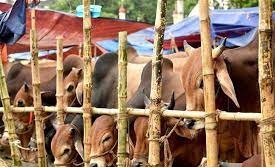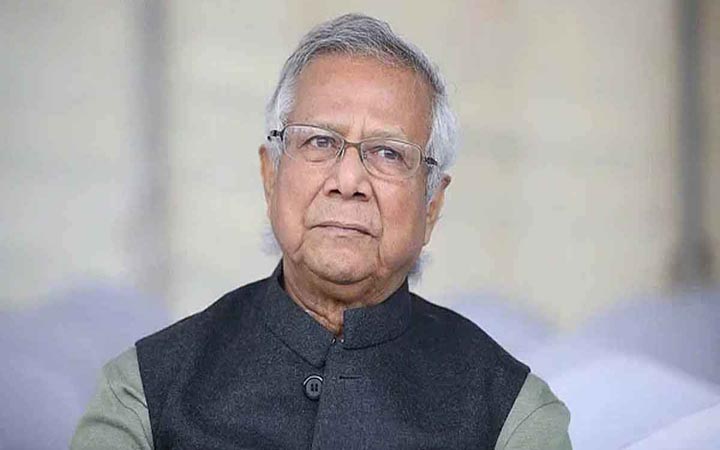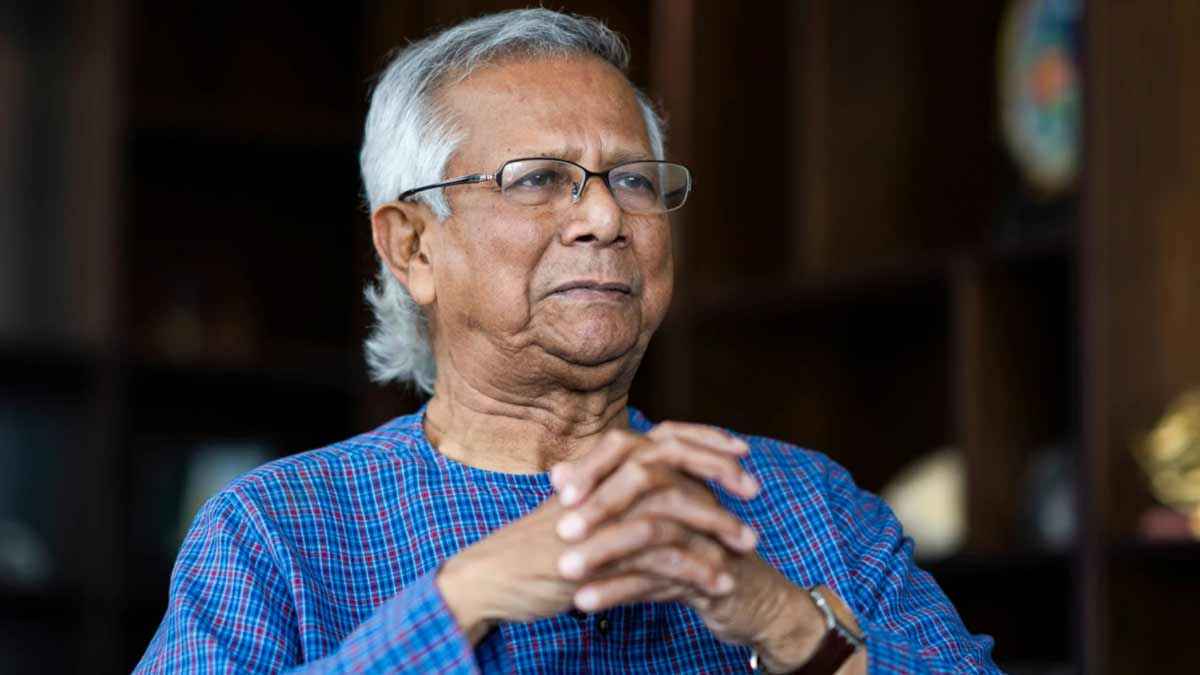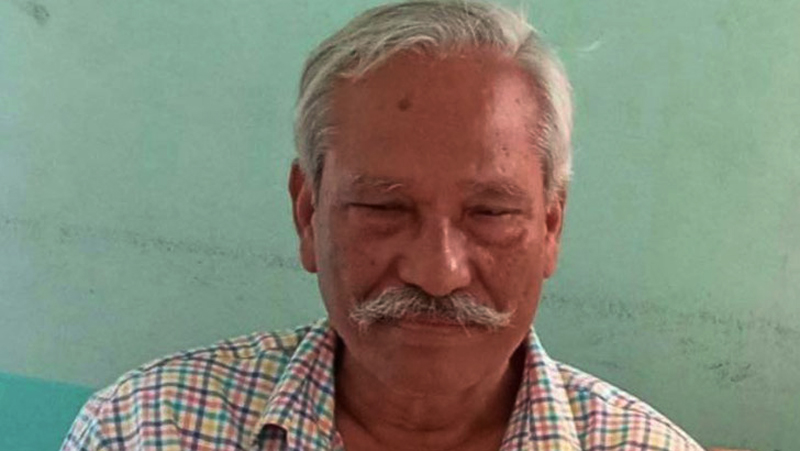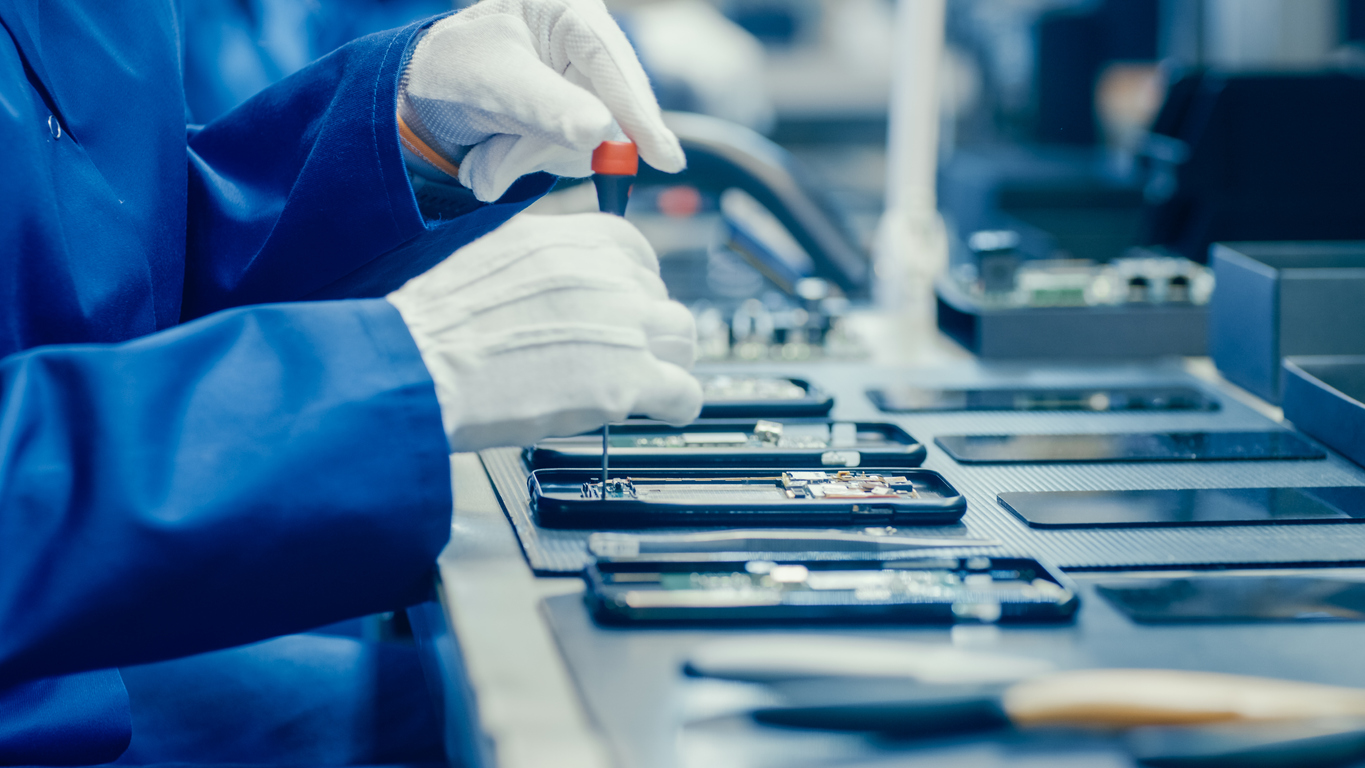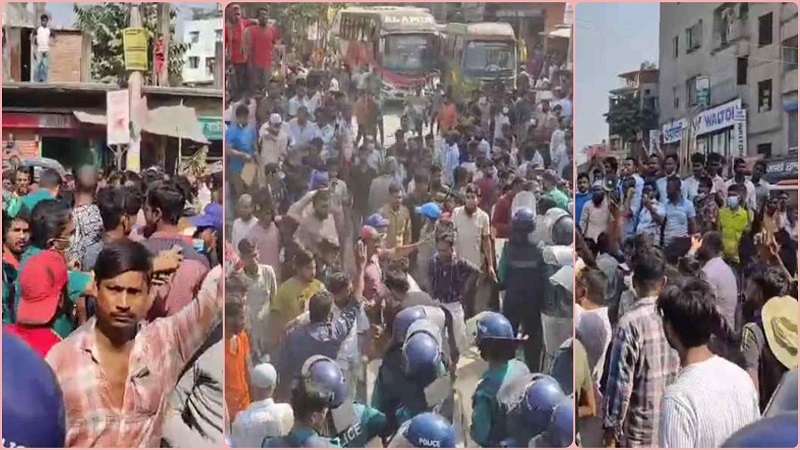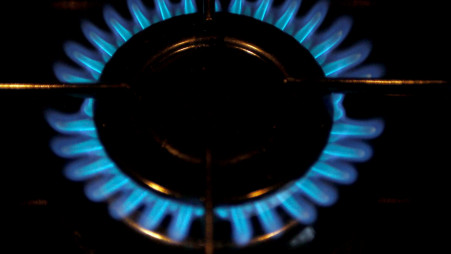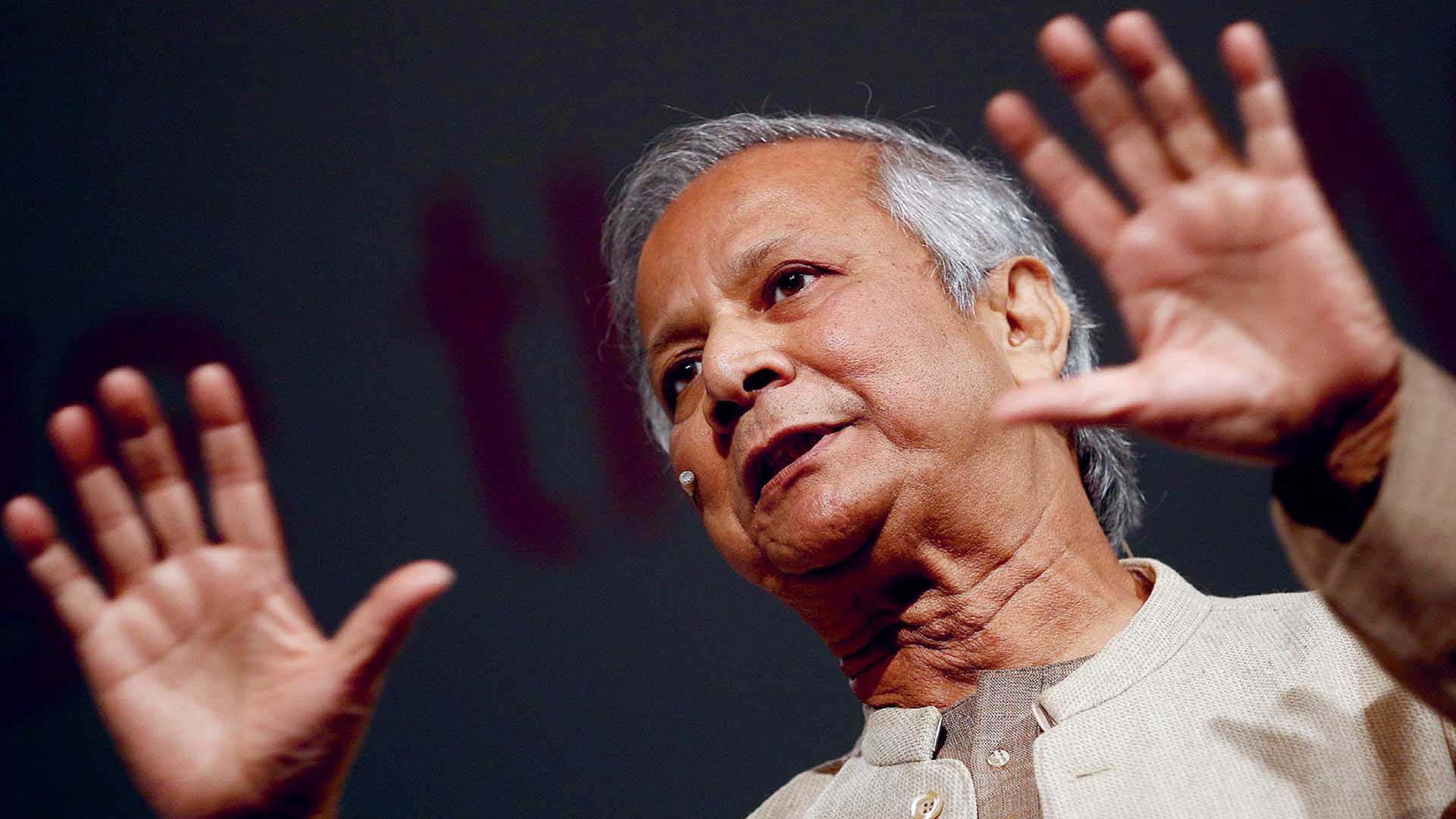There is only a week left before the country celebrates Eid-ul-Azha, the second largest religious festival for Muslims, and most of the cattle markets in Dhaka city are almost ready to sell the sacrificial animals.
Although the markets will be officially open from July 6, traders with sacrificial animals have already started coming to the capital from the different districts.
On Sunday, they were seen setting up at different cattle markets, including the two permanent ones at Gabtoli and Sarulia, around the city and waiting for buyers.
Since it’s still early, there are not enough sacrificial animals in the temporary market yet even though most of them are ready and the number of buyers is also low.
This time, there will be 22 cattle markets, including Gabtoli and Sarulia, across Dhaka South City Corporation (DSCC) and Dhaka North City Corporation (DNCC). Of these, 12 are under DSCC and 10 under DNCC.
Most of the houses around the capital city do not enough space to keep livestock for a long time. That’s why city dwellers generally buy the sacrificial animals two or three or even the day before Eid day, traders said.
People have not started buying the animals because they are checking the prices now and preparing to visit the markets soon, they said. The buying and selling will reach the desired level several days before Eid, which will be celebrated in Bangladesh on July 10.
Meanwhile, many people across the city have already selected and bought the sacrificial animals of their choice from different cattle farms in and around the city. These will be either picked up by the buyers or delivered to the buyers’ houses right before Eid.
According to these cattle farms, they have already sold about 60 to 70 per cent of their sacrificial animals.
This year, prices have increased by Tk 20,000-30,000 per cow. However, the number of people buying from farms has also gone up, said the entrepreneurs.
Prices going high
On Sunday, during a visit to the Gabtoli market which also operates around the year, it was seen that the main gate was colourfully decorated and sheds of different colours were erected for the sacrificial animals inside.
While the fake note identification booths are yet to be set up, law enforcers have already started their duties and their watch tower has also been installed.
Abul Hashem, a representative of the Gabtoli market leaseholder authority, told The Business Post that the proper inflow of sacrificial animals has not started yet. “It’s still slow. But this market will be full within a day or two.”
“The sellers want the price to be a little higher. But we still expect both buyers and sellers to be in a win-win situation at the end,” he said.
While talking to this correspondent, several cattle traders, including two from Kushtia and Pabna, said that the prices this time were higher than last year. For example, small and medium-size cows that were sold at Tk 60,000-70,000 last year are now being priced at Tk 80,000-90,000.
Explaining the reason behind this, they said that the price of cattle feed has increased, beef has become costlier and the prices of daily essentials have also risen over the past few months. “All these have had a combined effect on the market.”
Some buyers, who were seen checking out cows at the Gabtoli cattle market on Sunday, said they were only there to learn about the price range.
They said they found mostly large size cows in the market while the number of small cows was low. “However, the traders are demanding high prices for both types.”
This year, a total of 4,407 cattle markets will be set up, where everyone will have to follow the Covid health guidelines, around the country.
Additional law enforcers will be deployed in the markets to provide security to traders and buyers. The traders will also enjoy the facilities of digital money transfer.


